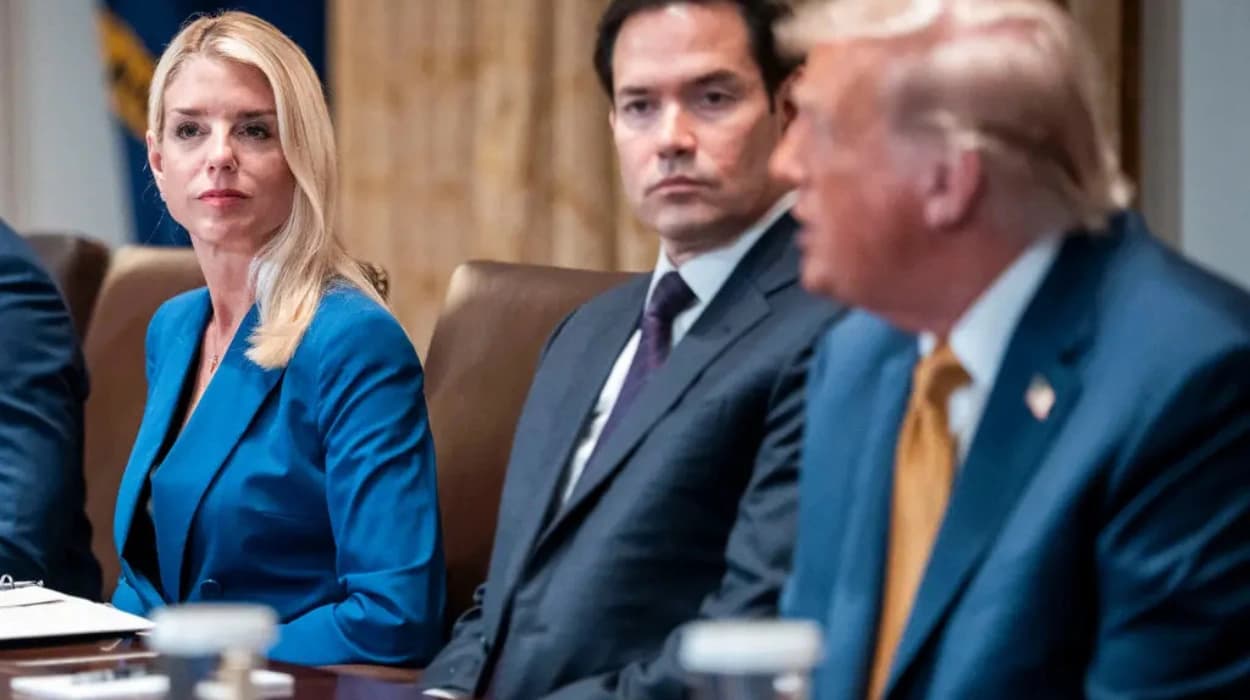Summary
- A U.S. judge denied the Justice Department’s request to unseal Jeffrey Epstein’s Florida grand jury transcripts.
- The ruling is the first setback in the Trump administration’s efforts to release more Epstein case information.
- The DOJ argues public interest justifies unsealing, but the judge found no legal exceptions to secrecy rules.
- Separate requests to unseal transcripts in Manhattan related to Epstein and Ghislaine Maxwell remain pending.
- Experts warn released documents may offer limited new information, mostly preserving victim privacy and legal constraints.
According to court filings, the request was prompted by FBI investigations conducted in 2005 and 2007 into Epstein. Requests to unseal transcripts pertaining to a subsequent indictment against Epstein and his former associate Ghislaine Maxwell are still pending in Manhattan federal court, according to the Justice Department.
In Florida, U.S. District Judge Robin Rosenberg determined that the Justice Department's request did not qualify for any of the exceptions to the regulations requiring the confidentiality of grand jury material.
Why did the judge deny the DOJ's attempt to unseal Epstein transcripts?
The judge denied the DOJ's bid to unseal Jeffrey Epstein’s grand jury transcripts mainly because the request did not meet the strict federal legal exceptions to grand jury secrecy, which prioritize protecting the privacy of victims and uncharged individuals involved in the investigations.
Although the DOJ argued the public’s extensive interest in the case justified releasing the transcripts, the court emphasized that grand jury materials remain presumptively confidential unless there is a compelling reason to override those protections.
These rules safeguard the confidentiality of proceedings to protect victims’ privacy and the integrity of investigations. The judge found the DOJ had not convincingly shown that these protections should be set aside in this case.

